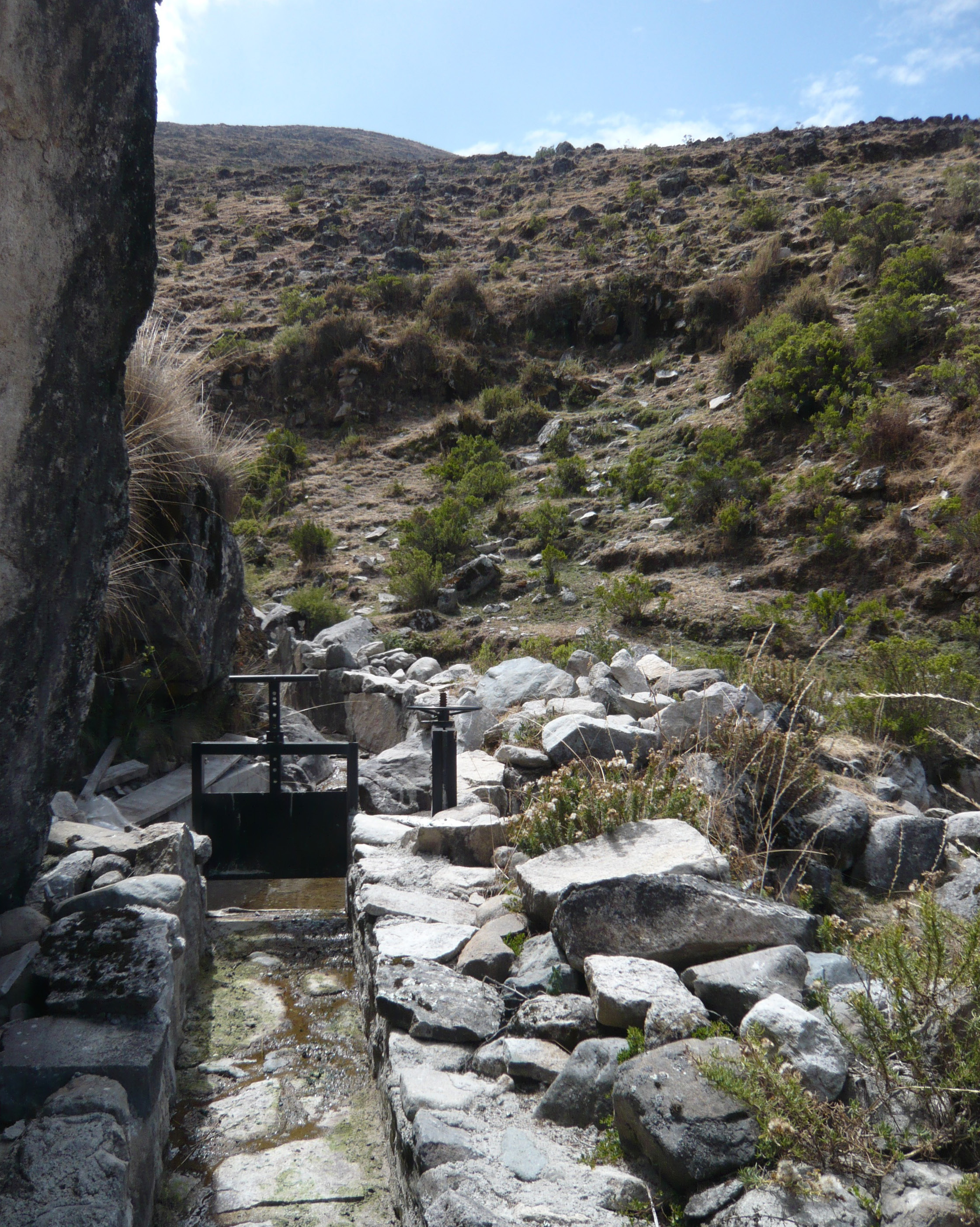

Downloads
DOI:
https://doi.org/10.58981/bluepapers.2023.2.06Published
Issue
Section
License
Copyright (c) 2023 Lena Hommes

This work is licensed under a Creative Commons Attribution 4.0 International License.
How to Cite
Abstract
Efforts to shape more sustainable and just land and water management practices are increasingly turning to the past for inspiration. However, what the past looked like exactly and what can be learned from it and applied to present-day challenges is not straightforward. Peru is one of those places where reviving ancestral land and water management practices and knowledge has become popular. This article starts with a project that aimed to recuperate ancestral water infiltration structures in the Peruvian highlands. Drawing on interviews conducted shortly after the project’s implementation, the author analyses how history and “the past” are imagined differently by various actors, according to their current worldviews, interests and values. The author unpacks the consequences of these diverse pasts for present-day relations and project implementation, calling attention to the importance of making explicit the “politics of the past,” including how the past is portrayed and by whom, and which past is to be recuperated or revalorized.
References
Arbelaez-Trujillo, Ana María, and Juliana Forigua-Sandoval. 2023. “Azudes along the Serpis: Cultural Heritage or Obstacles for the Natural Flowing of the River?” Blue Papers 2, no. 2.
Achterhuis, Hans, Rutgerd Boelens and Margreet Zwarteveen. 2010. “Water Property Relations and Modern Policy Regimes: Neoliberal Utopia and the Disempowerment of Collective Action.” In Out of the Mainstream: Water Rights, Politics and Identity, edited by Rutgerd Boelens, David Getches and Armando Guevara-Gil, 53–80. London: Earthscan.
Alternativa. 2012. El Sistema de Infiltración Hídrica Para el Mamanteo de Huamantanga [Water infiltration system for the huamantanga mamanteo]. Accessed October 19, 2023. Lima. https://docplayer.es/32077997-El-sistema-de-infiltracion-hidrica-para-el-mamanteo-de-huamantanga.html.
Boelens, Rutgerd, and Jeroen Vos. 2014. “Legal Pluralism, Hydraulic Property Creation and Sustainability: The Materialized Nature of Water Rights in User-Managed Systems.” Current Opinion in Environmental Sustainability 11: 55–62. https://doi.org/10.1016/j.cosust.2014.10.001.
Grainger, Sam, Lena Hommes, Timos Karpouzoglou, Katya Perez, Wouter Buytaert and Art Dewulf. 2019. “The Development and Intersection of Highland-Coastal Scale Frames: A Case Study of Water Governance in Central Peru.” Journal of Environmental Policy & Planning 21, no. 4: 373–90. https://doi.org/10.1080/1523908X.2019.1566057.
Hommes, Lena. 2015. “Back to the Roots? Framing of Ancestral Water Infiltration Structures and their Recuperation in the Chillón Watershed Lima, Peru.” Master’s thesis, Wageningen University.
Hommes, Lena. 2022a. “The Ageing of Infrastructure and Ideologies: Contestations around Dam Removal in Spain.” Water Alternatives 15, no. 3: 592–613.
Hommes, Lena. 2022b. “Infrastructure Lives: Water, Territories and Transformations in Turkey, Peru and Spain.” PhD diss., Wageningen University.
Ochoa-Tocachi, Boris F., Juan D. Bardales, Javier Antiporta, Katya Perez, Luis Acosta, Feng Mao, Zed Zulkafli, Junior Gil-Rios, Oscar Angulo, Sam Grainger et al. 2019. “Potential Contributions of pre-Inca Infiltration Infrastructure to Andean Water Security.” Nature Sustainability 2: 584–93. https://doi.org/10.1038/s41893-019-0307-1.
Perreault, Tom. 2018. “Mining, Meaning and Memory in the Andes.” Geographical Journal 183, no. 3: 229–41. https://doi.org/10.1111/geoj.12239.
Shah, Esha. 2012. “Seeing like a Subaltern – Historical Ethnography of Pre-Modern and Modern Tank Irrigation Technology in Karnataka, India.” Water Alternatives 5, no. 2: 507–38.


